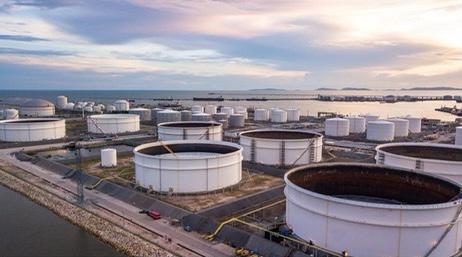Welcome To ChemAnalyst

The white house has launched the largest ever Strategic Petroleum Reserve (SPR) release on Thursday, March 31st, from the U.S. emergency oil reserve with an eye to bring down the skyrocketing oil and gasoline prices that have culminated amid the ongoing Russia-Ukraine war. This communiqué is a part of Biden's larger campaign to combat soaring inflation, which has harmed American consumers and poses a great threat to Biden's fellow Democrats as they thrive to keep lid on Congress in November.
Beginning in May, the U.S. will release 1 million barrels per day (BPD) of crude oil from the SPR for six months. Oil prices fell on Thursday after Biden's administration announced a 1 million barrel per day oil release to cool crude oil and gas prices for the next six months. The administration said that it would release up to 180 million barrels of crude, which have been hovering around $100 per barrel for a long time. Meanwhile, the International Energy Agency (IEA) is planning a smaller but international reserve release of 60 million barrels and has scheduled an emergency conference to debate the details. Brent crude, the international standard, finished the day at $107.91, down 4.88 percent. The price of U.S. oil futures for May delivery fell 6.99% to $100.28 a barrel.
"The volume of this release is unprecedented: the world has never seen an oil reserve release at this rate of one million barrels per day for this long." The administration claimed in a statement. "This unprecedented release will give a historic level of supply to serve as a bridge until domestic production ramps up towards the end of the year.", they added further.
It is still unclear whether the 180 SPR release in the United States will be a separate project or if some of these barrels will be included in the IEA release. As part of the IEA's campaign, the U.S. agreed to release 30 million barrels earlier this year. What is obvious is that these releases are unlikely to have a significant impact on oil prices. Last year, the U.S. announced the release of 50 million barrels in an effort to lower gas prices, which further eroded the spending power of American citizens. Prices were pushed for a few days before rebounding, owing to sustained discipline among U.S. producers, demand for the commodity, and OPEC's matching discipline.
We use cookies to deliver the best possible experience on our website. To learn more, visit our Privacy Policy. By continuing to use this site or by closing this box, you consent to our use of cookies. More info.
